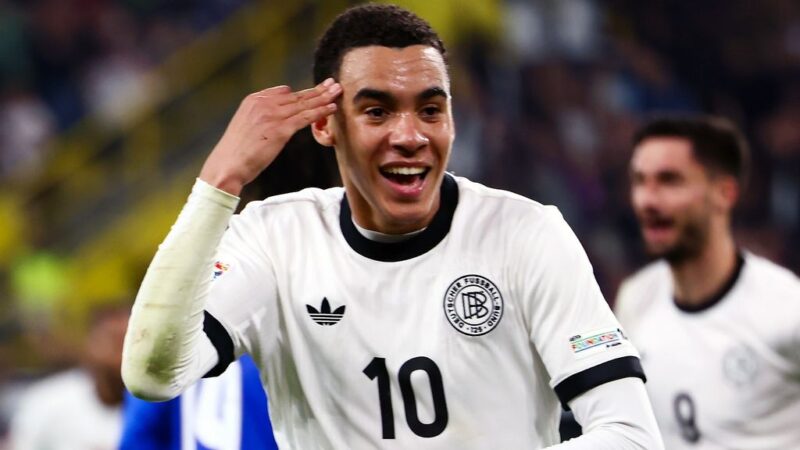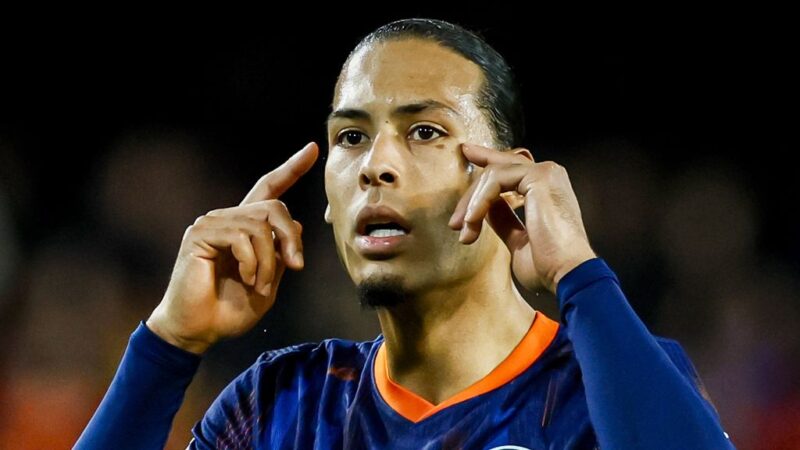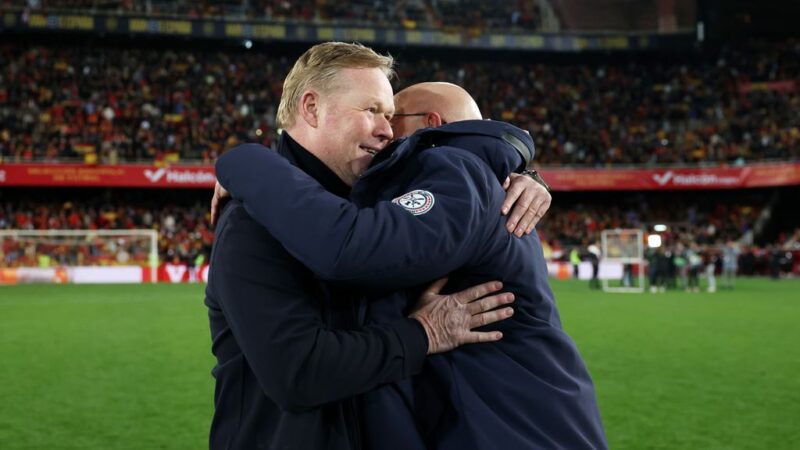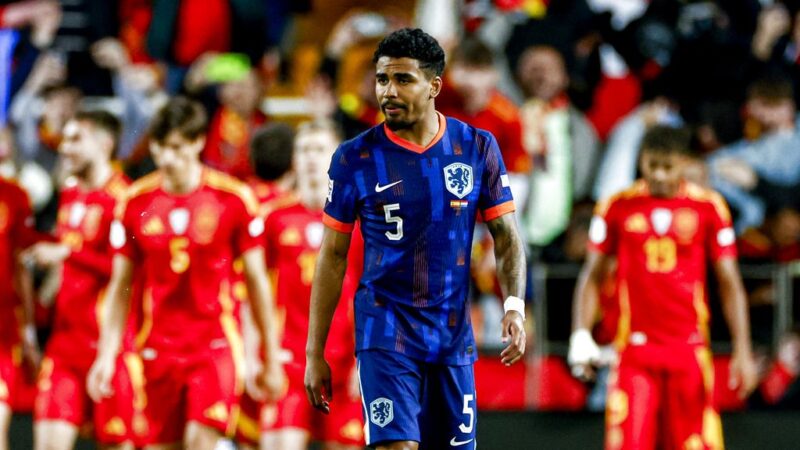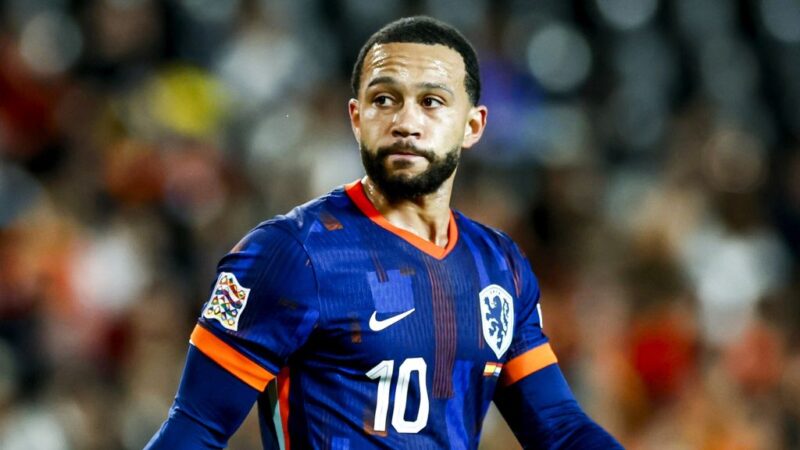‘World Cup success ended discussion of Moroccan players with dual passports’

NOS Soccer–
-
Samira Jadir
correspondent Morocco
-
Samira Jadir
correspondent Morocco
For weeks, Morocco has been eagerly awaiting the friendly international against Brazil to be played tonight (11 p.m. Dutch time) at the Ibn Batouta Stadium in Tangier. The Divine Canaries against the Lions of Atlas. The first major international match after last winter’s World Cup success in Qatar.
Then made it to the semifinals by winning over Portugal, the whole country was in a victory mood that returns a little each time the national team plays.
But for the Moroccans, there was not only the joy of the unexpected fourth-place finish in Qatar. In particular, the World Cup success greatly changed the perception of Moroccan players of dual nationality.
“Every time a Moroccan player with a dual passport chooses to play for Morocco, discussions about loyalty arise. Hakim Zyech’s choice in 2015 to want to play for Morocco is an example of this,” said anthropologist Soukaina Chakkour.
“Before the World Cup, you also regularly heard here that the commitment of these players was doubted. ‘Their jerseys never get wet,’ it was then said. There were also discussions on social media about why these players don’t speak Darija or Tamazight.”
According to Chakkour, it is now a mortal sin in Morocco to doubt the loyalty of players with dual nationality. These very players can now be found everywhere in the Moroccan street scene on billboards of car brands and telecom companies. And they are also used as role models. According to sports journalist Hamza Hachlaf, this is a good thing.
“Moroccan soccer players are now being used for good causes. They recently visited a prison in Salé and a children’s home in Tangier. This is unusual. Before, this was not done by the players,” Hachlaf said.
Support for Hakimi
That soccer players are immensely popular. can also be seen in the way Morocco reacted to the rape case brought against star player Achraf Hakimi in France. Chakkour: “Although the investigation is still ongoing, he can count on considerable support from the Moroccan public. Many Moroccans are convinced that this is a conspiracy forged by France.”
National coach Walid Regragui also revealed after the indictment that he supports Hakimi: “We are behind him until proven otherwise.” Hakimi is therefore simply part of the selection that will take on Brazil. It is only uncertain whether the PSG player will be in action because he is still recovering from an injury.
According to Chakkour, the significance of the World Cup success for the Moroccan people cannot be underestimated. “You saw a country that had freed itself for a while from the aftershocks of the corona pandemic, the price increases, the unemployment and the everyday worries. The joy was not only intense, but most of all genuine.”
The stadium in Tangier is completely sold out. There are still tickets circulating on the black market for between 500 and 1,000 euros. Whether there are supporters who have what it takes to spend such exorbitant amounts is not clear. For Hachlaf, at least, this is not an option. He himself was too late to secure a ticket.
Meanwhile, the Moroccan government is deploying buses in a number of cities to bring supporters to Tangier for free. Something little was done before the World Cup. Morocco wants to be taken seriously as a soccer country and has joined Portugal and Spain in a bid to host the World Cup in 2030. If successful, a long-held dream of Morocco will come true.
